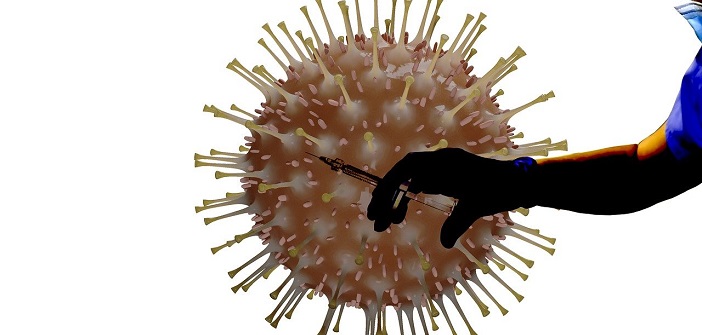One or More Vaccines?
The debate on vaccination that has emerged in recent days suffers from an unprecedented complexity factor: it’s not just one vaccine in question but several vaccines that are already on the table. Three of them have gained extraordinary notoriety due to the buzz effect orchestrated by their laboratories: the Pfizer vaccine, the Moderna vaccine, and more recently the AstraZeneca vaccine. To this trio, we must add the vaccine from the Russian Gamaleya research institute, which claims an effectiveness of 92% for its product.
All these vaccines have their own characteristics because they have been developed using different processes. Pfizer and Moderna are “messenger RNA” vaccines, which use pieces of modified genetic material. In contrast, the Gamaleya vaccine is a “viral vector” vaccine, using another modified virus to adapt it for the fight against Covid-19.
These differences explain why the effectiveness rates presented respond to realities much more complex than those described in the announcements. We do not know the respective duration of their effects, nor do we know their level of effectiveness depending on the different types of audiences to whom they are administered.
Some vaccines seem suited for “mass vaccination” aimed at reducing or even eradicating the circulation of the virus; others do not offer sufficient guarantee to ensure herd immunity but are effective in providing sufficient individual protection to so-called “at-risk” populations.
As a result, adjusting a vaccination strategy at this stage of knowledge is particularly challenging. It will be necessary to be ready for an in-depth analysis of the scientific data from clinical trials to define the right implementation strategy and leverage the range of available vaccines.


